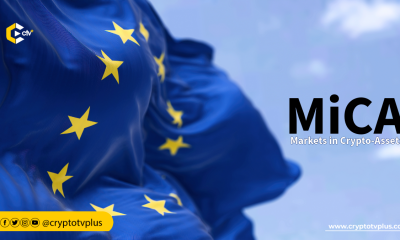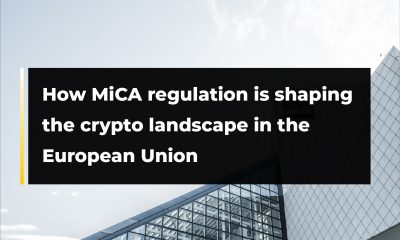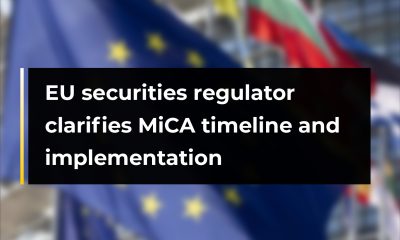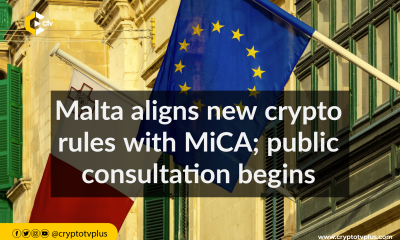News
Ireland to implement MiCA to enhance its digital asset economy
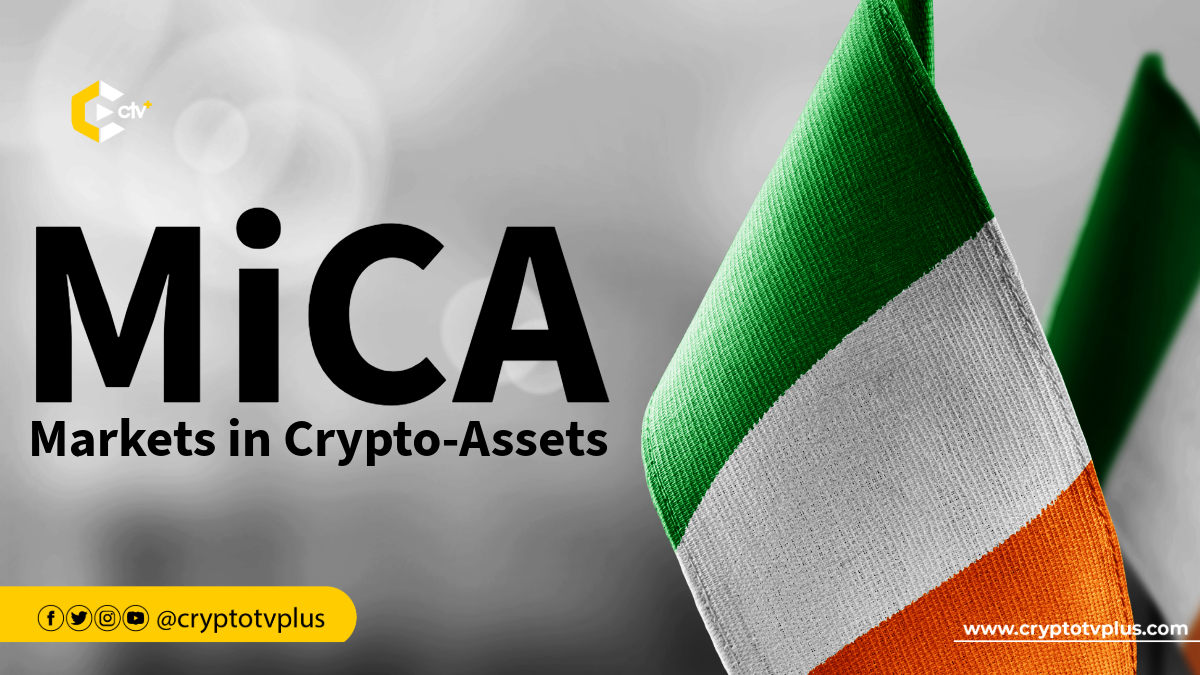
Ireland is preparing to implement the Markets in Crypto-Assets (MiCA) regulation to create a clear and standardized framework for cryptocurrencies within the European Union. MiCA is designed to enhance consumer protection, ensure market stability, and address risks like fraud and market manipulation.
Under MiCA, cryptocurrency companies in Ireland will need to obtain authorization to operate and comply with various operational standards.
Speaking at the AFME’s (Association for Financial Markets in Europe) 8th Annual European Compliance and Legal Conference, on 23 September 2024, London, the Deputy Governor of the Central Bank of Ireland, Derville Rowland, said that the apex bank acknowledges the potential benefits of new technologies in financial services but emphasizes the importance of understanding and managing associated risks.
“Innovation has brought in new entrants, new products, and new ways of serving customers and the economy,” she said. “As a result, technological innovation continues to be a focus for the Central Bank.”
She further stated that recent years have seen significant advancements in financial technologies, particularly with blockchain. The European Commission’s 2020 digital finance package is designed to help Europe benefit from these changes, and the upcoming Markets in Crypto-Assets Regulation (MiCA) will create a uniform regulatory framework for crypto activities, balancing innovation with necessary safeguards.
She added that the implementation of MiCA is a priority, and emphasized the importance of working with EU peers to ensure consistent application across member states. “We are about to implement the Markets in Crypto-Asset Regulation, or MiCA, she said to the audience.
MiCA, which stands for Markets in Crypto-Assets, is a set of rules created by the European Union to regulate cryptocurrencies and related services. Its main goal is to provide clear guidelines for how crypto assets should be managed, ensuring that both consumers and the market are protected.
Under MiCA, companies that issue or provide crypto services must obtain permission from their national authorities and follow specific rules on transparency and consumer protection. They need to clearly explain the risks of investing in cryptocurrencies and ensure fair practices. MiCA applies to various crypto assets, including stablecoins, and aims to prevent fraud and market manipulation while encouraging innovation in the crypto sector.
Looking into the future of the financial market in Europe and Ireland, she said that the Central Bank is also focused on improving its authorization process to provide better clarity and predictability for companies seeking to comply with regulations and also called on authorities to enhance efforts in investor education and protection.
She highlighted the Central Bank’s commitment to adapting to a changing environment, including the introduction of the Individual Accountability Framework (IAF) to promote good governance in financial firms. The aim is to encourage firms to take responsibility for their operations and address any risks effectively.



